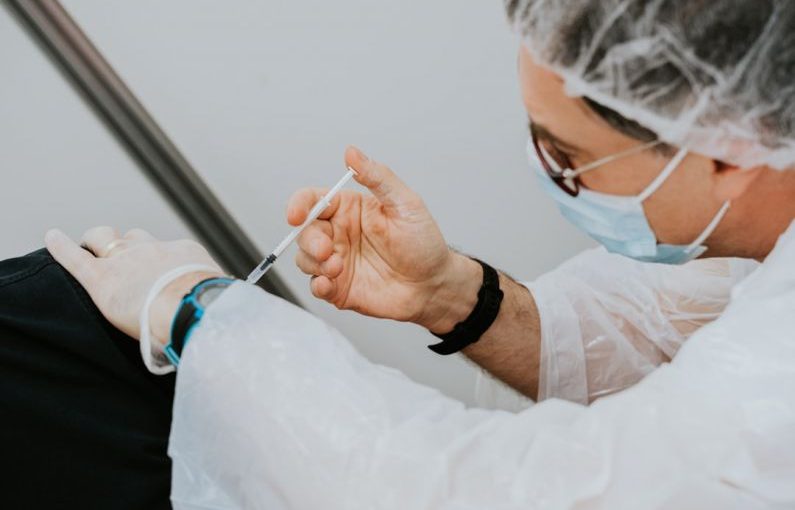For pet owners, ensuring the health and well-being of their furry friends is a top priority. One crucial aspect of pet care that often gets overlooked is vaccinations. Just like humans, pets need to be vaccinated to protect them against various diseases and illnesses. In this article, we will explore the importance of vaccinations for pets and what pet owners need to know to keep their four-legged companions healthy and happy.
Understanding the Importance of Vaccinations
Vaccinations play a vital role in preventing the spread of infectious diseases among pets. By vaccinating your pet, you are not only protecting their health but also the health of other animals they come into contact with. Vaccines work by stimulating the immune system to produce antibodies that can fight off specific diseases. This helps to build immunity in your pet, making them less susceptible to getting sick.
Core Vaccines for Pets
There are several core vaccines that are recommended for all pets, regardless of their lifestyle or environment. These vaccines are essential for protecting pets against common and potentially deadly diseases. Some of the core vaccines for dogs include rabies, distemper, parvovirus, and adenovirus. For cats, core vaccines typically include rabies, feline herpesvirus, calicivirus, and panleukopenia.
Non-Core Vaccines and Lifestyle Considerations
In addition to core vaccines, there are also non-core vaccines that may be recommended based on your pet’s lifestyle and risk factors. For example, if your dog spends a lot of time outdoors or comes into contact with other dogs frequently, they may benefit from vaccines against kennel cough or leptospirosis. Similarly, outdoor cats may need vaccines against feline leukemia virus or feline immunodeficiency virus. It is essential to discuss your pet’s lifestyle with your veterinarian to determine which non-core vaccines are necessary.
Vaccine Schedules and Boosters
Vaccines are typically administered in a series of shots to ensure that your pet develops adequate immunity. Puppies and kittens will need a series of vaccinations starting at a young age, usually around 6-8 weeks old. These initial shots are then followed by booster shots to maintain immunity. The specific vaccine schedule for your pet will depend on their age, health status, and previous vaccination history. It is crucial to follow your veterinarian’s recommendations to ensure that your pet is adequately protected.
Potential Risks and Side Effects
While vaccines are generally safe and effective, there can be some risks associated with vaccination. Some pets may experience mild side effects such as soreness at the injection site or mild fever. In rare cases, more severe reactions like allergic reactions or anaphylaxis can occur. It is essential to monitor your pet after vaccination and contact your veterinarian if you notice any concerning symptoms. Your veterinarian can provide guidance on how to minimize the risk of side effects and address any concerns you may have.
Making Informed Decisions for Your Pet’s Health
As a pet owner, it is your responsibility to make informed decisions about your pet’s health care, including vaccinations. Work closely with your veterinarian to develop a vaccination plan that is tailored to your pet’s individual needs. Stay up-to-date on recommended vaccines and schedule regular wellness exams to ensure that your pet remains healthy and protected. By prioritizing vaccinations for your pets, you are taking a proactive step towards safeguarding their well-being and longevity.
In conclusion, vaccinations are a critical component of pet care that should not be overlooked. By understanding the importance of vaccines, staying informed about recommended vaccines, and working closely with your veterinarian, you can ensure that your pet stays healthy and protected against preventable diseases. Remember, a healthy pet is a happy pet!





